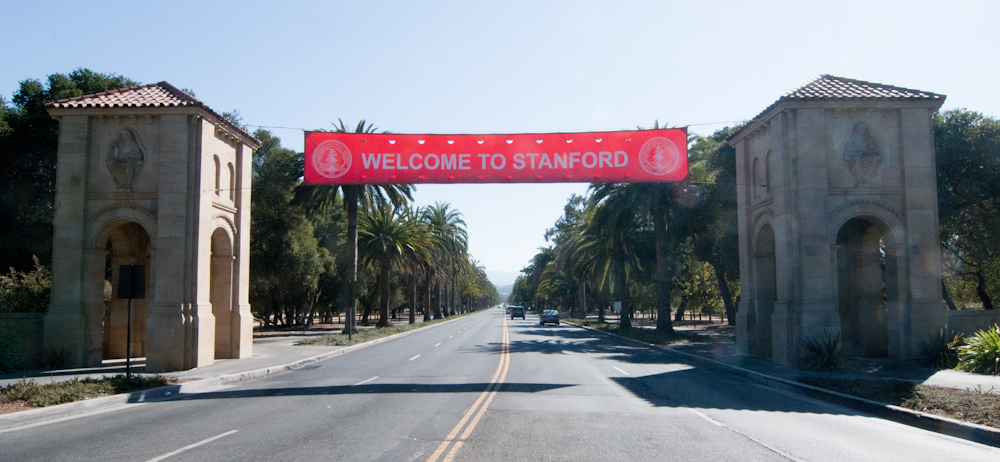
The Office of Undergraduate Advising and Research (UAR) recently held freshman focus groups to discuss improvements to introductory advising programs for the Class of 2017.
The 43 participating students reviewed the utility of the Approaching Stanford handbook, New Student Orientation (NSO) and the pre-major advisor (PMA) and academic director (AD) programs. Information from the focus groups will be studied in conjunction with responses gathered from a revised annual freshman advising survey, which was sent out last week rather than over the summer as had been done previously.
Dean of Freshmen and Undergraduate Advising Rob Urstein, who framed improvements in freshman programs as a principal goal, said that the survey’s revision and earlier distribution was undertaken to address a historical lack of responses.
Some of the group’s major discussions dealt with questions such as whether the Approaching Stanford handbook should be online for easy access and how to solidify the separate roles of PMAs and ADs, which participants struggled to distinguish from each other.
Another discussion revolved around whether NSO programming properly addresses freshman year decisions. While UAR sent out a survey at the conclusion of this year’s NSO, Urstein described the responses obtained as insufficiently conclusive.
“What we’re not able to assess is ‘were the things you learned during that week things that helped you navigate your freshman year,’” Urstein said.
Participants generally described NSO as overwhelming, with events catering to every possible student interest packed into four days.
Christie Brydon ’13, who was a Freshman Transition Coordinator for the Class of 2015, noted that it may be impossible to learn everything from a week of orientation.
“I don’t think the purpose of NSO is to ensure that all students show up to the first day of class being experts on Stanford,” Brydon said. “It’s up to students to take advantage of opportunities throughout the school year to learn about Stanford.”
Currently, UAR only has rough data lifted from focus group transcripts. Daisy Grewal, an assessment and program evaluation analyst, noted a few months would be needed to extrapolate full findings.
“The information is taken very seriously by program directors and others who are in charge of making key decisions,” Grewal said. “I hope that knowing this will help persuade more students to participate in the future.”
